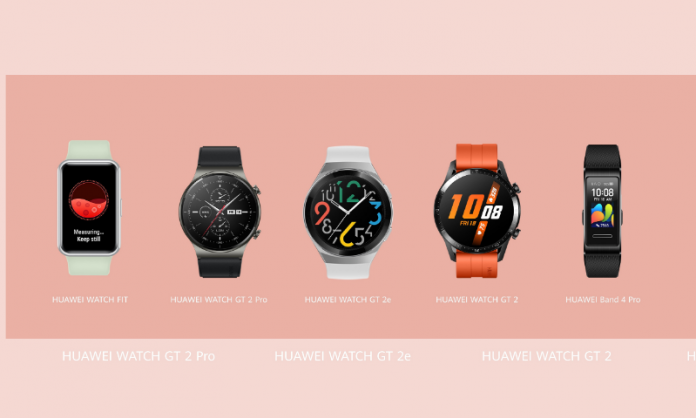The 2020 European Society of Cardiology (ESC) guidelines for the diagnosis and management of atrial fibrillation – published during the annual premier event on cardiovascular medicine, ESC Congress 2020 – cited HUAWEI Heart Study in recognition of the effectiveness of Huawei’s wearables in detecting atrial fibrillation (AF). The ESC guidelines integrate new scientific findings and evidence with the goal of assisting healthcare professionals in proposing the best recommendations for AF management.
HUAWEI Heart Study is a HUAWEI Research study conducted by Huawei and 301 Hospital in China. It looks into the application of smart wearable technology in cardiovascular disease management, leveraging Huawei and 301 Hospital expertise in their respective fields. Findings from the on-going study have been presented in numerous global healthcare conferences and respected medical journals, including the Journal of American College of Cardiology and European Heart Journal in April and May 2020 respectively.
As cited in the 2020 ESC guidelines, in the HUAWEI Heart Study, 187,912 individuals used Huawei’s wearable products. Of these participants, 0.23 percent received a “suspected AF” notification and among those who followed up, 87 percent were confirmed as having AF, demonstrating the effectiveness of the solution in identifying patients with the disorder. Furthermore, 95.1% of the diagnosed users were referred to the mAFA platform for AF management services.
Huawei offers heart rate monitoring and a list of health tracking features with its smart wearable products, ranging from HUAWEI WATCH GT 2 Pro and HUAWEI WATCT FIT to HUAWEI Band 4 Series and beyond. Looking ahead, Huawei, via HUAWEI Research, and 301 Hospital will continue working together to conduct health research and explore new ways of integrating technology that enables better and more convenient access to remote healthcare.






